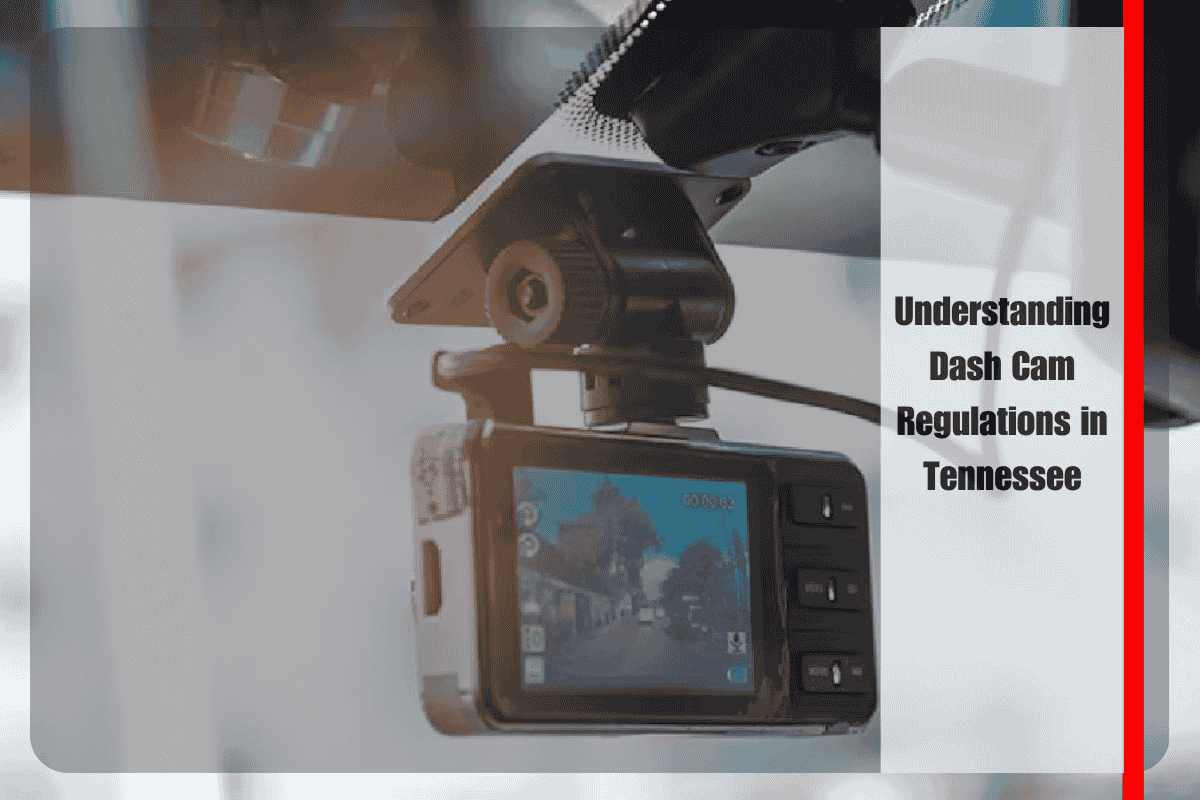Dash cams are becoming increasingly popular among drivers in Tennessee, offering a way to record their driving experience for safety, evidence in case of accidents, and personal use. However, before installing a dash cam in your vehicle, it’s important to understand the regulations surrounding their use in Tennessee to ensure you stay within the bounds of the law.
In Tennessee, there are no specific state laws that prohibit the use of dash cams, meaning they are generally legal to use. However, there are a few important considerations to keep in mind when using a dash cam in your vehicle. One of the primary concerns is privacy. While dash cams are typically focused on capturing video of the road and surrounding area, they can sometimes record other people or private property, which can raise privacy issues.
Tennessee law prohibits the use of surveillance devices to capture video or audio of individuals in situations where they have a reasonable expectation of privacy. For example, if your dash cam is recording inside your vehicle, it’s important not to unintentionally record private conversations or sensitive areas like inside private homes, as this could violate state privacy laws. However, the law generally does not consider recordings made in public spaces or on public roads to be an invasion of privacy.
Another consideration is the placement of the dash cam. Tennessee law requires that devices installed on a vehicle, such as dash cams, should not obstruct the driver’s view. If the dash cam is mounted in a way that blocks the windshield or creates a blind spot, it could be considered a violation of the state’s laws regarding obstructed view. The dash cam should be placed in a location that does not interfere with the driver’s ability to safely operate the vehicle.
Additionally, when it comes to recording audio, Tennessee is a one-party consent state. This means that as long as one person in a conversation consents to the recording, it is legal to record the conversation. In the case of dash cams, if the camera is recording video and audio, you should be aware that recording conversations without the consent of one of the participants could violate state wiretapping laws. Therefore, it is best to avoid using the dash cam to record conversations unless you are aware of and comply with consent laws.
If you plan to use your dash cam to capture video evidence of accidents or incidents involving other drivers, it’s important to know that the footage can potentially be used in legal proceedings. In Tennessee, video footage from dash cams can be admissible in court, just like any other form of evidence, if it is relevant to the case and obtained legally. However, the footage must meet specific criteria for authenticity and accuracy, and the camera must have been operating legally at the time of recording.
Dash cams are legal in Tennessee, but it’s important to be aware of privacy concerns, the placement of the device, and the use of audio recording to ensure you stay within the law. As long as you adhere to privacy regulations and ensure the camera doesn’t obstruct your view, using a dash cam can be a useful tool for both safety and legal protection.
Sources
[1] https://www.ddpai.com/blog/dash-cam-laws/
[2] https://www.expertmarket.com/dash-cams/dash-cam-laws-by-state
[3] https://www.enjuris.com/blog/resources/dash-cam-laws-by-state/
[4] https://matrackinc.com/dash-cam-laws-by-states/
[5] https://howe.law/is-dashcam-footage-admissible-in-a-car-accident-lawsuit-in-tennessee/












